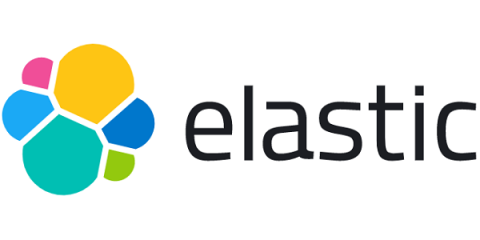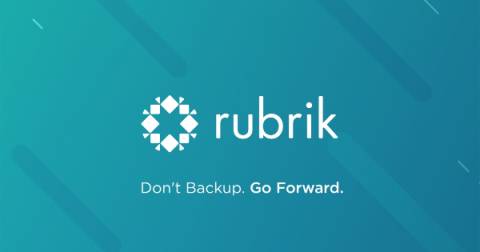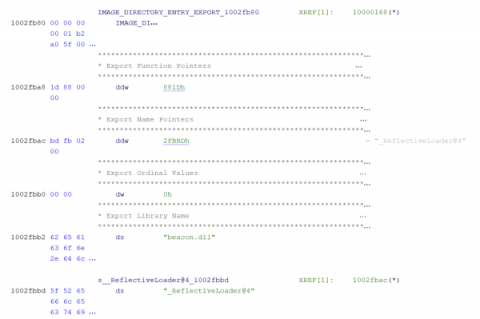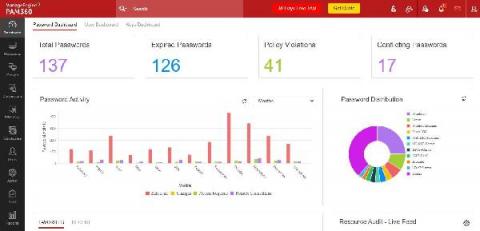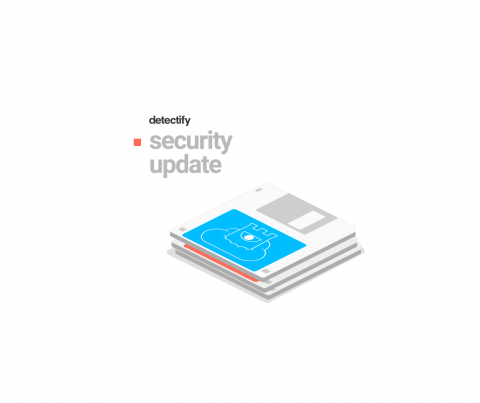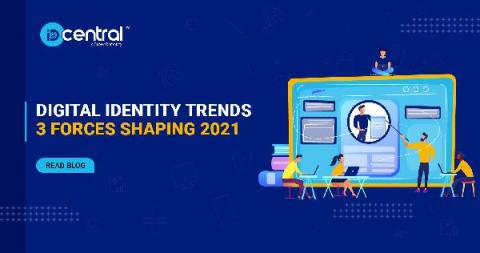Ensure Everyday is Data Privacy Day
It’s no secret that the world has become more dependent on mobile technology. We can now pay our bills, shop for groceries and share photos with family with the tap of a finger. But this also means that our personal data is now more exposed than ever. On the bright side, we are collectively becoming more conscious about data privacy. In 2020, TikTok kick started an unexpected global discussion about what data apps collect and how they are used.




